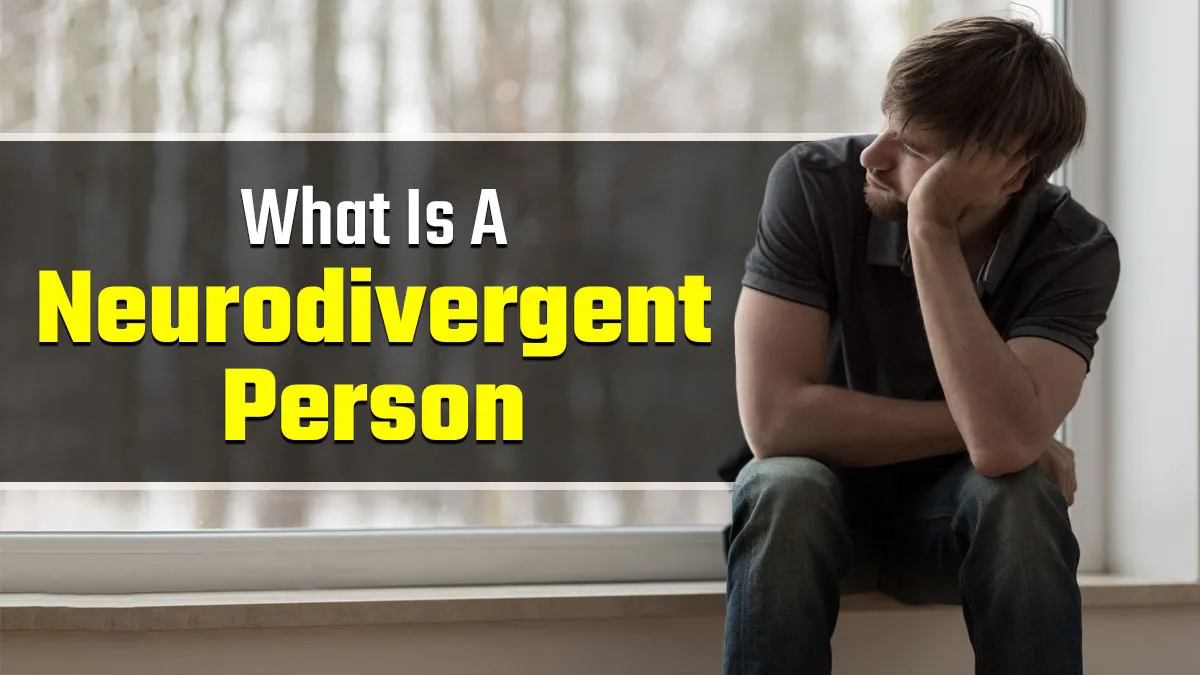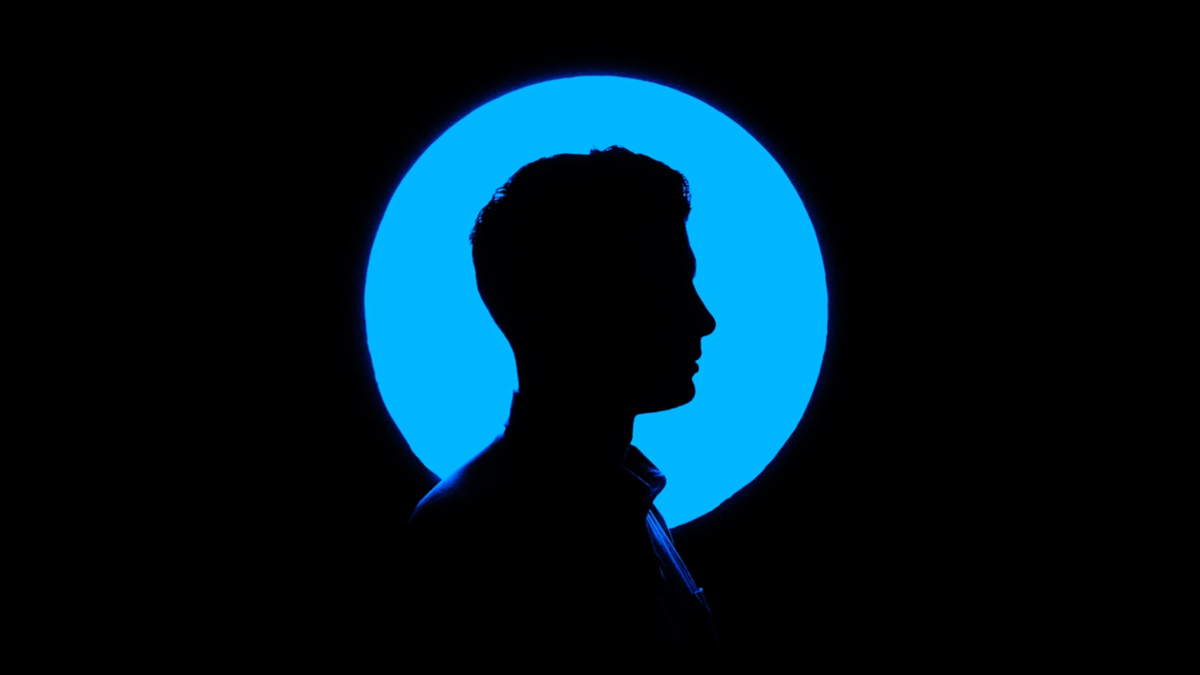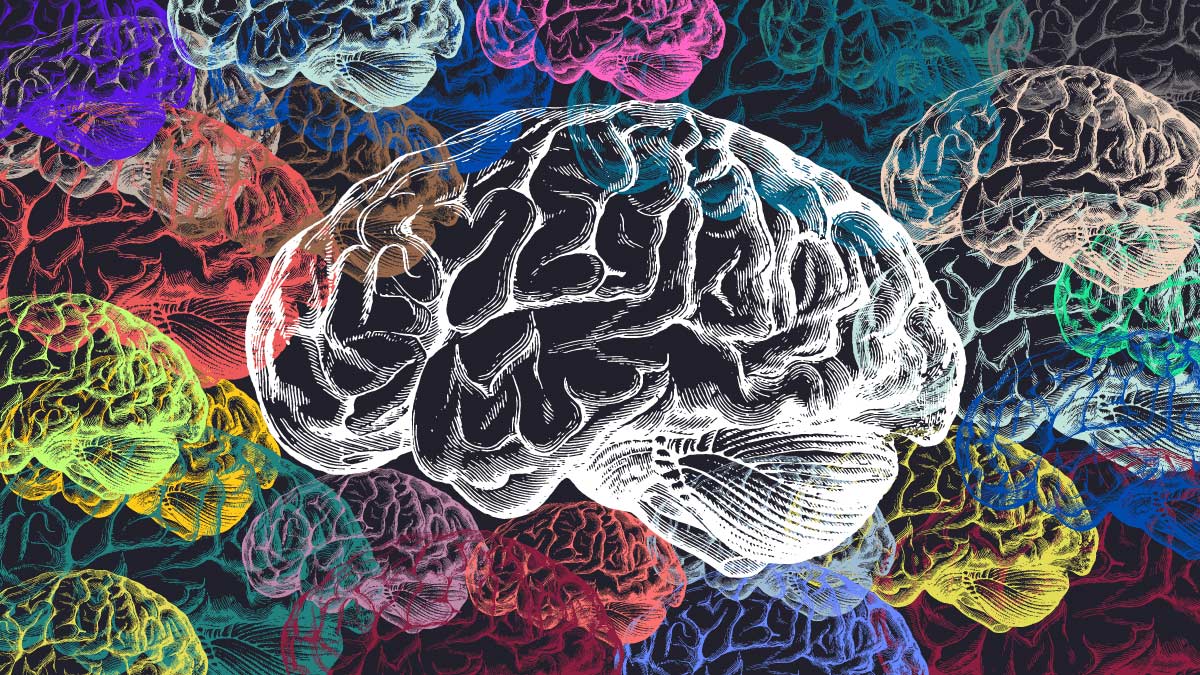
Everyone’s brain works in its own way. Some people find it hard to focus or read, while others may struggle with social situations or have unique ways of learning. These differences are part of being human. Today, we understand that these traits are not flaws but natural variations in how our brains develop and function. The term ‘neurodivergent’ helps us talk about and respect these differences. Dr Suhas V P, Consultant Neurologist, Bangalore Hospitals, Jayanagar, explains what it means to be neurodivergent, the signs to look for, possible causes, and how to support those who think and learn differently.
Table of Content:-
CHECK YOUR
MENTAL HEALTH

What is a Neurodivergent Person?![Neurodivergent Person 3 - 2025-05-27T115655.268]()
Dr. Suhas V P shares, “‘Neurodivergent’ is a non-medical umbrella term used to describe individuals whose neurological development and functioning differ from what is typically considered ‘neurotypical.’ This includes a wide spectrum of conditions such as Autism Spectrum Disorder (ASD), Attention-Deficit/Hyperactivity Disorder (ADHD), dyslexia, dyspraxia, Tourette syndrome, and more. The concept emerged from the neurodiversity movement, which emphasises that variations in brain function are normal and should be respected as part of human diversity rather than pathologised. It reframes differences in learning, attention, and social behaviour not as deficits but as naturally occurring neurological variations. While it is not a formal clinical diagnosis, the term plays a critical role in fostering acceptance, inclusion, and personalised support strategies in education, work, and healthcare settings.”
ALSO READ: Can Women Prevent Heart Disease? Expert Shares Tips for a Healthy Heart
What Does It Mean to Be Neurodivergent?![Neurodivergent 2 - 2025-05-27T115700.021]()
Being neurodivergent means that a person’s brain processes information, emotions, and sensory input in ways that are different from most people. Dr Suhas explains, “Being neurodivergent means that an individual’s brain processes information, emotions, and sensory input in ways that differ from societal norms. These differences can affect how one learns, communicates, behaves, or interacts socially. For example, a person with ADHD may experience impulsivity and inattention, while someone with autism may find it challenging to interpret social cues.
However, neurodivergent individuals also often possess unique strengths, such as heightened creativity, intense focus, or advanced pattern recognition. It's important to recognise that neurodivergence is not inherently negative; rather, it highlights the spectrum of human cognition. Supporting neurodivergent individuals involves embracing these differences, providing tailored accommodations, and ensuring access to environments that promote their well-being and growth.”
Signs of Neurodivergence![neurodiverdent 1 - 2025-05-27T115658.427]()
Signs of neurodivergence can look different for everyone. The expert says, “A neurodivergent person is someone whose neurological functioning diverges from the conventional developmental trajectory, often leading to distinct cognitive styles or behavioural patterns. This includes people with conditions such as autism, ADHD, dyscalculia, and others. Neurodivergent individuals may face challenges in areas like attention, executive functioning, social interaction, or language processing.
However, many also exhibit exceptional abilities, such as innovative thinking, deep expertise in niche subjects, or superior memory in certain domains. It is essential to view neurodivergence through a strengths-based lens, focusing on inclusivity and adaptation rather than forcing conformity. Neurologists emphasise early assessment and individualised care to help neurodivergent individuals reach their full potential while managing any associated difficulties.”
Common signs include:
- Trouble focusing or sitting still (ADHD)
- Difficulty with reading, writing, or math (dyslexia, dyscalculia)
- Challenges with social skills or understanding cues (autism)
- Repetitive movements or sounds (Tourette syndrome)
Causes of Neurodivergence
The causes of neurodivergence are complex. According to the expery, it encompasses a range of conditions, so symptoms vary widely. Common signs include difficulties with focus (as in ADHD), challenges in social communication (as seen in autism), problems with reading or writing (as in dyslexia), and involuntary movements or sounds (as in Tourette syndrome). Causes can be genetic, prenatal, or environmental, often involving complex interactions among genes, brain structure, and early development. For instance, neuroimaging studies show differences in neural connectivity in individuals with autism or ADHD.”
Neurodivergence Treatment and Support
Neurodivergence is not something that needs to be “cured.” Instead, support and understanding help people thrive. Dr Suhas says, “While neurodivergence isn’t ‘cured,’ treatment focuses on supportive interventions like behavioural therapy, occupational therapy, educational support, and in some cases, medications. A multidisciplinary approach tailored to individual needs is essential to improve quality of life and support functional independence.”
A study published in Nature Reviews Neuroscience found that neurodivergent brains show unique patterns of connectivity and processing. The study supports the idea that these differences are natural variations, not defects.
ALSO READ: Why Is Immunity Low in the Rainy Season? Tips to Build Immunity Ahead of Monsoon
Conclusion
Understanding neurodivergence helps us appreciate the rich diversity of human minds. As the expert emphasises, these differences are not flaws but natural variations that deserve respect and support. By recognising the unique strengths and challenges of neurodivergent individuals, we can create more inclusive schools, workplaces, and communities. Embracing neurodiversity benefits everyone, paving the way for a kinder, more accepting society where every person has the opportunity to thrive.
Also watch this video
Read Next
Why Do You Keep Rewatching Your Favourite Sitcom? Expert Explains Its Relation With Mental Health
How we keep this article up to date:
We work with experts and keep a close eye on the latest in health and wellness. Whenever there is a new research or helpful information, we update our articles with accurate and useful advice.
Current Version


